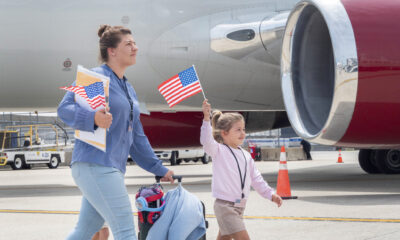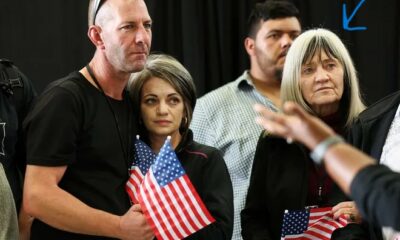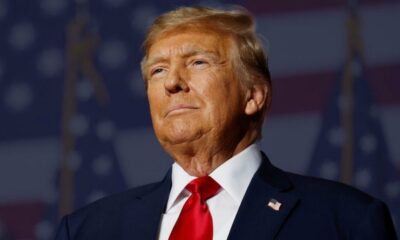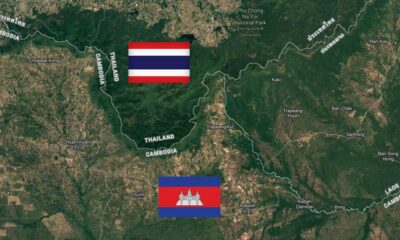News
Trump’s Refugee Plan Raises Eyebrows: White South Africans Get Priority as Africa Feels Shut Out
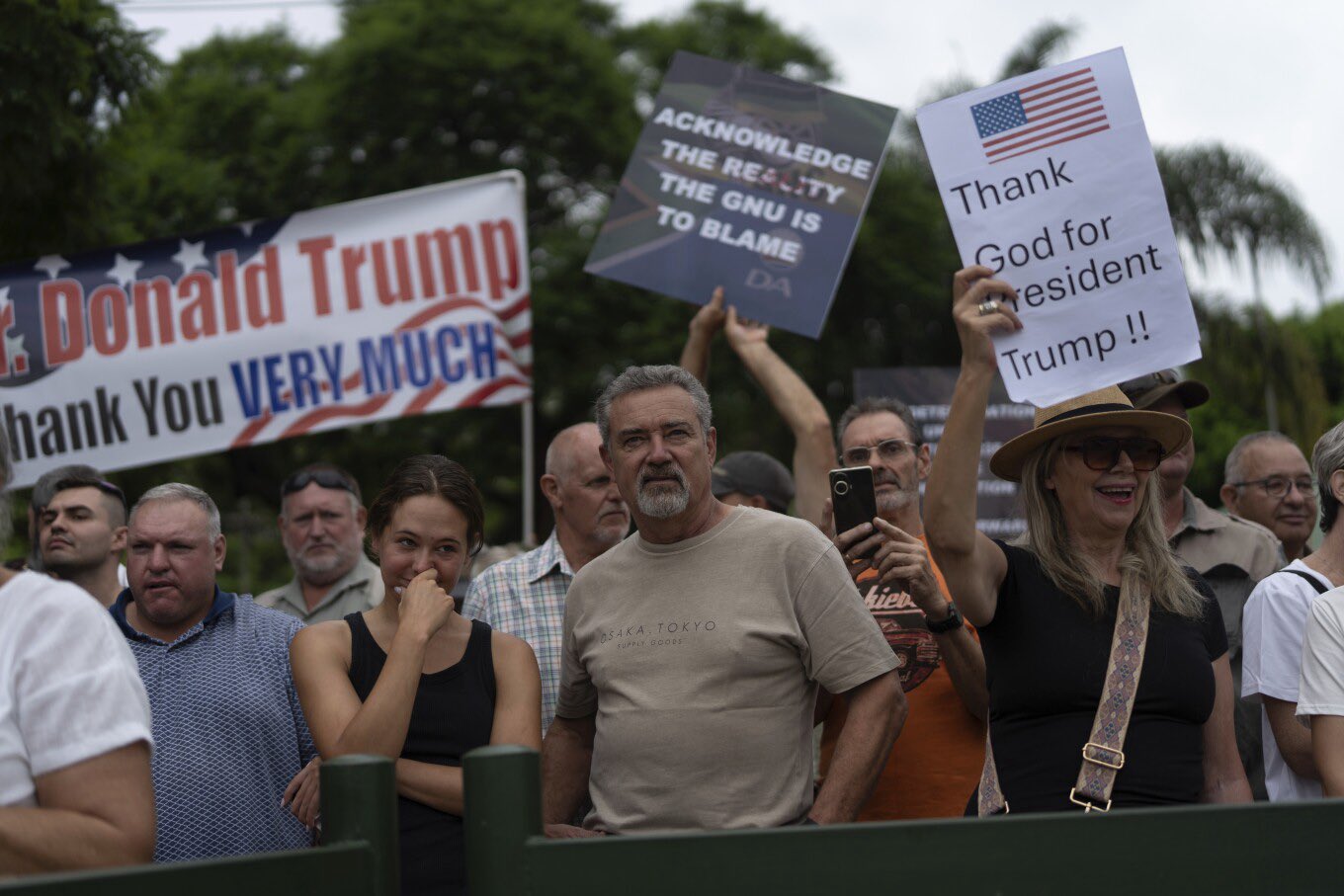
A Different Kind of Refugee Policy
The Trump administration is quietly considering a refugee cap of 40,000 people for the next fiscal year, but here’s the catch: 30,000 of those places would go to Afrikaners, a white minority community in South Africa.
That’s a radical departure from the way the U.S. has historically handled refugee admissions, where the focus was usually on people fleeing wars, persecution, or famine in conflict-ridden regions like the Democratic Republic of Congo or Sudan.
Instead, Trump’s plan zeroes in on a group he has long described as facing “racial discrimination and violence” in South Africa, a claim the South African government has repeatedly denied.
A Break From Tradition
To put this in perspective: under President Joe Biden, the U.S. admitted 100,000 refugees in 2024, with most coming from Africa. During Obama’s years, tens of thousands of Congolese and Sudanese families found new homes in the U.S.
Trump, on the other hand, set a record low of 15,000 refugees in 2021 before leaving office. Now, even though the proposed 40,000 cap is higher, the racial tilt of the allocation has left analysts warning about bias.
One African diplomat summed it up bluntly: “It sends a message that some lives are worth more than others.”
Social Media and Public Reaction
On social platforms, the reaction has been explosive. Many South Africans, particularly Black South Africans, question why the U.S. would prioritise a small white minority while millions across Africa remain displaced. Some Americans, meanwhile, see the move as Trump catering to his conservative base by highlighting a “white victim” narrative.
The timing hasn’t helped either. The plan leaked just as Washington rolled out a $250 “visa integrity” fee targeting most African countries, while European states in the Visa Waiver Program were spared. Critics say that kind of policy only deepens the sense of double standards.
More Than Just Refugees
The refugee proposal is part of a bigger picture. Alongside it, the U.S. has suspended all visitor visas for Gazans, a move that humanitarian groups say is blocking critically ill patients from seeking life-saving treatment abroad.
For African nations already hosting some of the world’s largest refugee populations, the message seems clear: the U.S. is tightening its doors to them while opening a wide one to a white minority group.
Why It Matters Locally
In South Africa, the story hits close to home. Afrikaners, descendants of Dutch settlers make up about 7% of the population. While there have been concerns about violent crime affecting farmers, many analysts argue these challenges are not racially targeted, but part of South Africa’s broader struggle with crime and inequality.
By portraying Afrikaners as refugees in need of mass resettlement, the U.S. risks not only distorting South Africa’s complex realities but also reopening wounds around race, privilege, and who gets counted as “deserving” of protection.
For now, nothing is final. White House spokesperson Anna Kelly insists that the numbers are still under discussion, with Trump set to make the final call in October. “President Trump has a humanitarian heart,” she said, stressing that the current figures are “pure speculation.”
Still, the fact that Afrikaners are being singled out has already reshaped the conversation about fairness in U.S. refugee policy.
And for millions of displaced Africans still waiting in camps from Sudan to Uganda, the plan serves as a painful reminder: in the hierarchy of who gets to rebuild their lives in America, not everyone is seen the same.
{Source: Business Insider Africa}
Follow Joburg ETC on Facebook, Twitter , TikTok and Instagram
For more News in Johannesburg, visit joburgetc.com



